UN official urges pact to end military ops near Ukraine nuke plant
A senior United Nations official has called for an urgent deal to demilitarize Ukraine’s Zaporizhzhia Nuclear Power Plant to avert a “catastrophic” disaster amid reports of continued fighting in the area.
“At this moment, it is imperative that we receive the expressed commitment of the parties to stop any military activities around the plant and to enable its continued safe and secure operations,” said the UN’s Political Affairs Chief Rosemary DiCarlo before a Security Council meeting on Tuesday.
“To paraphrase the Secretary-General’s blunt warning, any potential damage to Zaporizhzhia is suicidal,” she further emphasized, demanding that all military personnel and equipment be withdrawn from the plant, with no more deployment of forces or equipment to the site.
“The facility must not be used as part of any military operation, and an agreement on a safe perimeter of demilitarization to ensure the safety of the area should be reached,” DiCarlo added amid reported escalation of shelling in and around Europe’s largest nuclear facility in recent weeks.
The Security Council session had been requested by Russia, whose forces took control of the plant in March, with Ukrainian personnel continuing to carry out their on-site operations.
The UN, meanwhile, called again on the warring parties to provide the International Atomic Energy Agency (IAEA) with immediate, secure, and unfettered access to the nuclear plant as IAEA chief Rafael Grossi also renewed his request to dispatch a mission to conduct essential safety, security, and safeguard activities at the site.
“We welcome Ukraine and Russia’s recent statements indicating support for the IAEA’s aim to send a mission to the plant, which would be IAEA’s first to that site since the start of the war,” DiCarlo said, noting that the agency was actively consulting with both sides so the mission could be sent as soon as possible.
The UN has also assessed that it has the logistics and security capacity in Ukraine to support any IAEA mission from Kiev, provided Ukraine and Russia agree.
“We must be clear that any potential damage to the plant, or any other nuclear facilities in Ukraine, leading to a possible nuclear incident would have catastrophic consequences, not only for the immediate vicinity, but for the region and beyond,” DiCarlo said.
“Similarly, any damage leading to the plant being cut from the Ukrainian power grid would have catastrophic humanitarian implications, particularly with winter approaching,” she added, highlighting the UN chief’s recent emphasis that “the electricity produced at the Zaporizhzhia plant belongs to Ukraine.”
Also addressing the Security Council meeting, Russian Ambassador Vasily Nebenzya pointed to incidents of alleged Ukrainian shelling at the plant this month, accusing Kiev of “nuclear blackmail.”
“The fact that the Kiev regime continues with attacks on this station is a direct consequence of criminal acquiescence on the part of its Western patrons,” Nebenzya said.
He then stressed that any potential disaster at the nuclear plant had so far been avoided “only because there’s smooth joint work between the workers of the station, fire squads, emergency people, and the Russian military who are helping them every way they can.”
Support for IAEA mission
The Russian envoy also reiterated that Moscow had supported an IAEA mission to the plant “from day one” and had already agreed for a mission to take place in June.
“We expect that the IAEA trip mission will take place in the very near future and the agency experts will confirm the real situation at the station,” he said.
Ukraine’s UN Ambassador Sergiy Kyslytsy also told the Council that the country’s foreign minister had responded to the IAEA regarding the mission. He said the proposal for the itinerary was in compliance with national legislation “and in general might be accepted” but added that further arrangements had to be made based on security conditions, communication of detailed route plans, and other logistical aspects.
Kyslytsy then went on to dismiss Russia’s insistence that his country is shelling its own nuclear facility, arguing that no one can imagine Ukraine would target its own power plant “at tremendous risk of nuclear catastrophe and on its own territory.”
“Considering the scale of the current challenges and threats, we also urged the IAEA to consider a permanent presence of its experts at the ZNPP until the competent Ukrainian authorities regain full control over this nuclear facility,” he added, referring to the nuclear power plant.
The Russian ambassador used his remarks before the Security Council to also point to a car bombing in Moscow that killed Darya Dugina, a political commentator and the daughter of a close ally of President Vladimir Putin’s, on Saturday, blaming Ukraine for the incident.
Russian authorities are investigating the incident, he said, “and preliminary conclusions are that this monstrous crime was organized by the Ukrainian special services.”
He further called on the Council and the UN leadership “to condemn yet another crime by the Kiev regime.” Ukrainian officials, however, insist that the country had no role in the assassination.
'Gaza has won': Social media users react to ceasefire with mix of relief, joy
Iran seeks South Korea’s assistance for AI, fiber-optic projects
VIDEO | Iran's 'Eqtedar' (Power) maneuver
Israel hits HTS military target in Syria for 1st time since fall of Assad
VIDEO | Press TV's news headlines
Israel has slaughtered 13,000 students in Gaza, West Bank
VIDEO | More Zionist than Zionists: Biden’s legacy to be defined by Gaza genocide
Hamas confirms handing approval of Gaza ceasefire deal to mediators


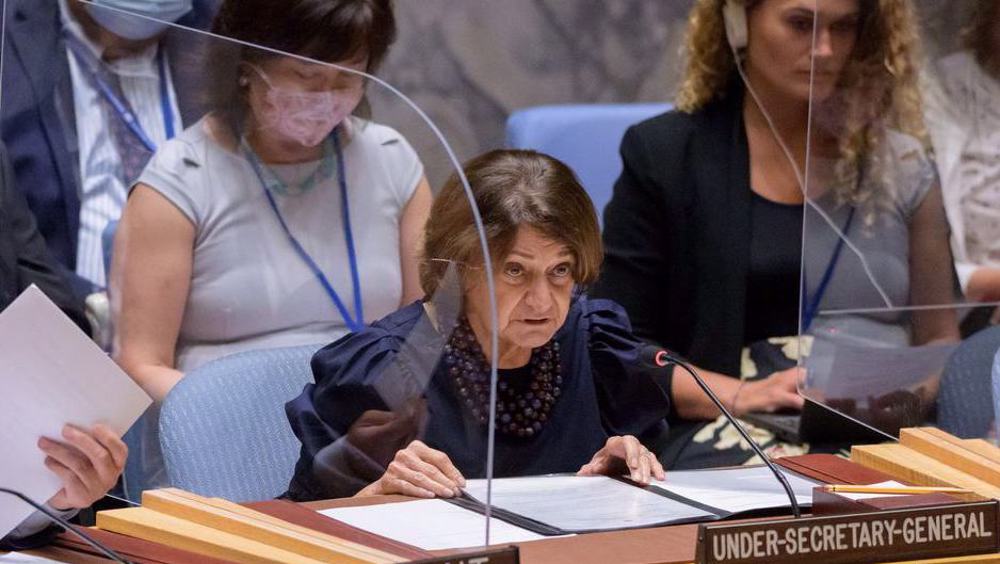
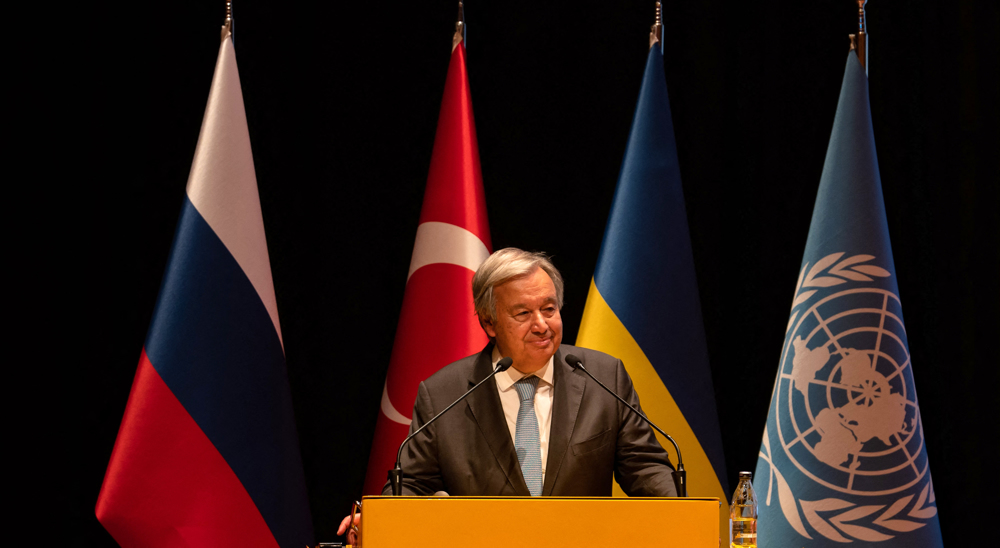
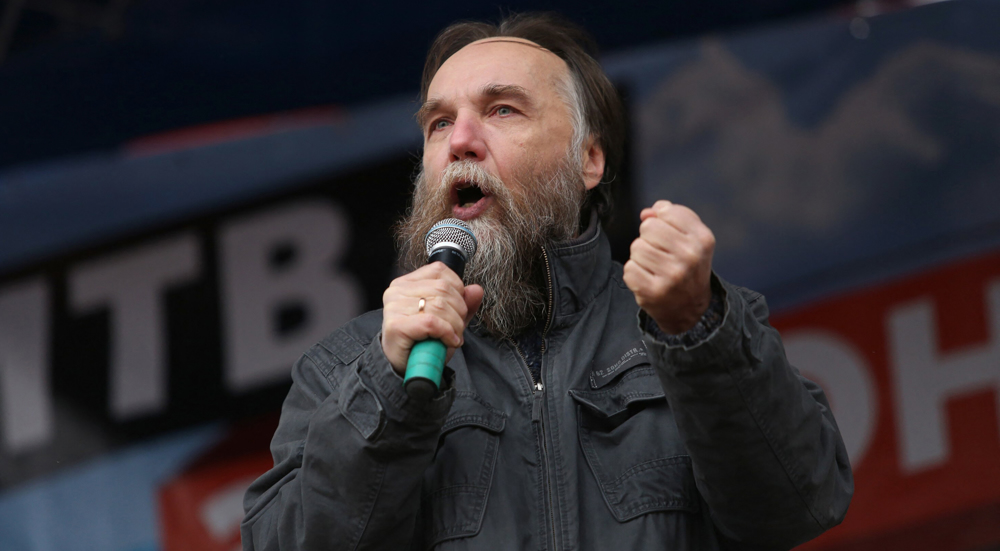
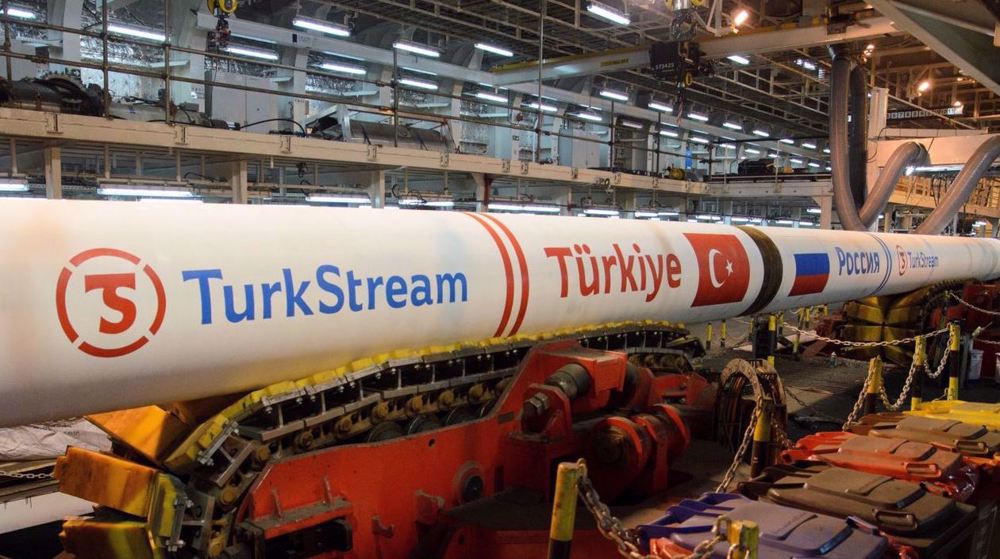
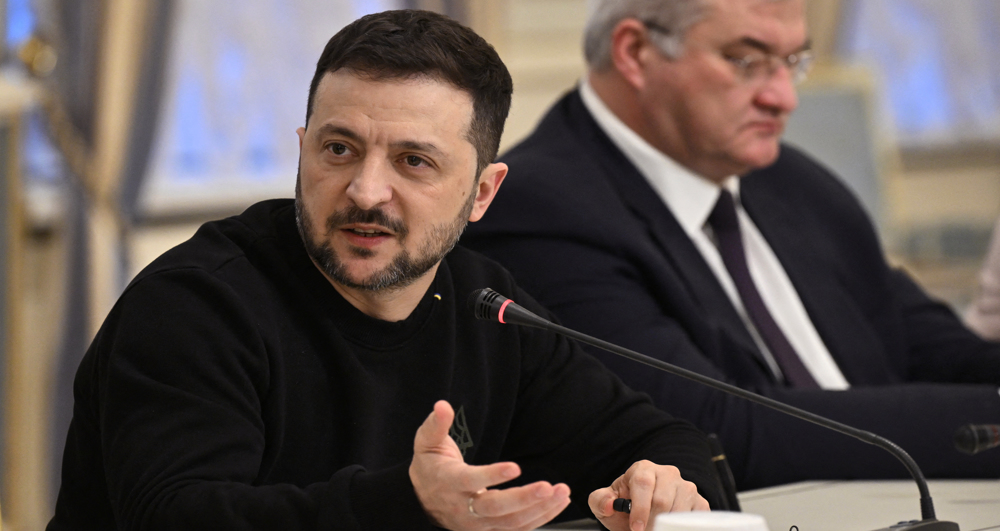




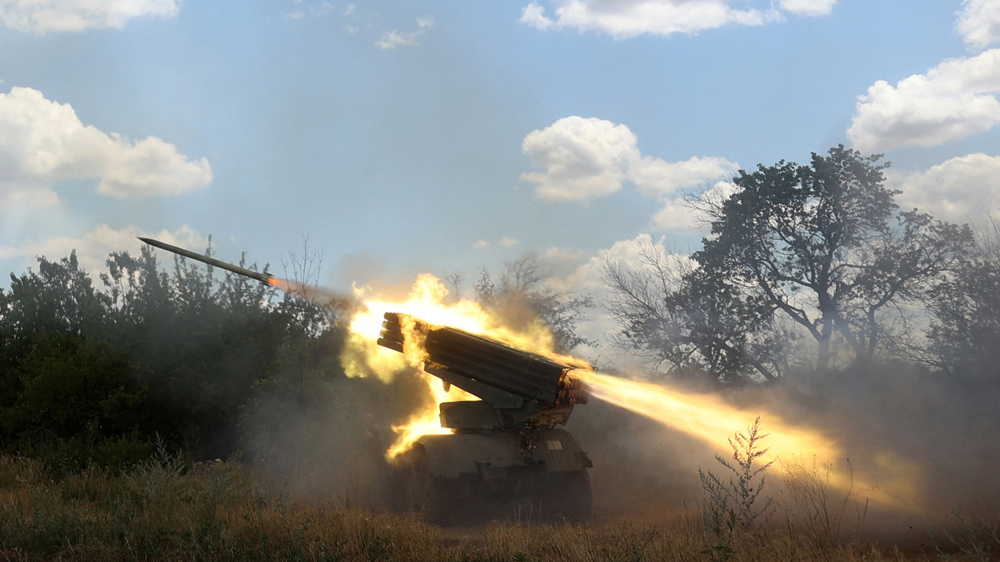
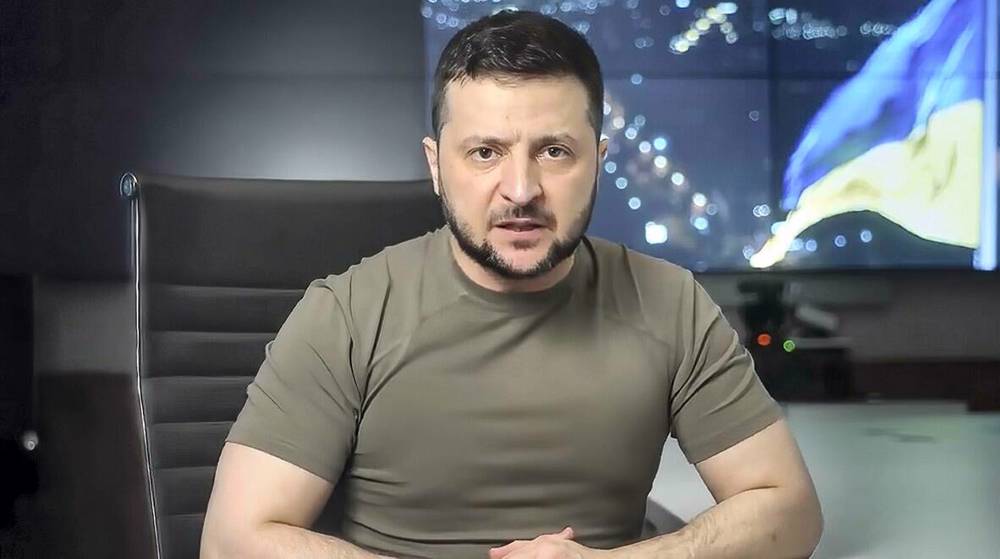
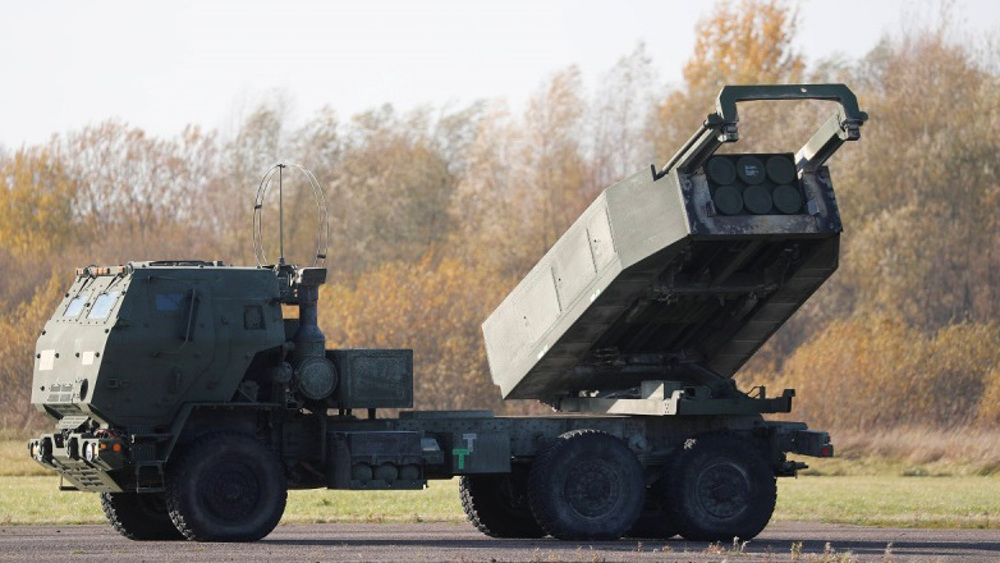

 This makes it easy to access the Press TV website
This makes it easy to access the Press TV website